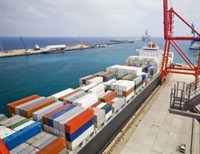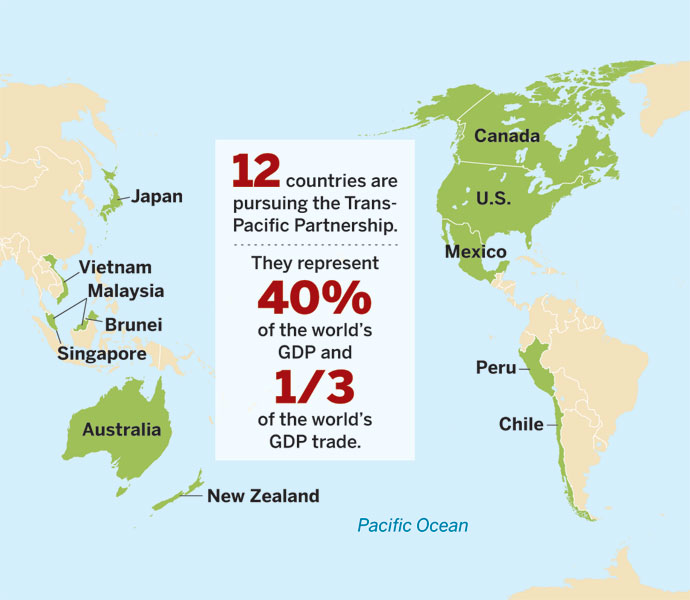Advertisement
Grab your lab coat. Let's get started
Welcome!
Welcome!
Create an account below to get 6 C&EN articles per month, receive newsletters and more - all free.
It seems this is your first time logging in online. Please enter the following information to continue.
As an ACS member you automatically get access to this site. All we need is few more details to create your reading experience.
Not you? Sign in with a different account.
Not you? Sign in with a different account.
ERROR 1
ERROR 1
ERROR 2
ERROR 2
ERROR 2
ERROR 2
ERROR 2
Password and Confirm password must match.
If you have an ACS member number, please enter it here so we can link this account to your membership. (optional)
ERROR 2
ACS values your privacy. By submitting your information, you are gaining access to C&EN and subscribing to our weekly newsletter. We use the information you provide to make your reading experience better, and we will never sell your data to third party members.
Policy
U.S., South Korea Sign Free-Trade Pact
Chemical makers say agreement will boost U.S. exports to fast-growing Asian market
by Glenn Hess
July 9, 2007
| A version of this story appeared in
Volume 85, Issue 28

The chemical industry is welcoming a free-trade agreement between the U.S. and South Korea, but the measure faces opposition in Congress from Democrats who fear it could cost auto industry jobs.
The agreement is the largest bilateral trade deal the U.S. has negotiated since the 1993 North American Free Trade Agreement. It would eliminate tariffs on 95% of consumer and industrial products between the two countries within three years.
South Korea is among the world's top 10 chemical-producing countries. Already the sixth-largest market for U.S. chemical exports, which totaled $4.3 billion in 2006, the country is among the fastest growing markets for them in Asia.
"We are eager to see chemical tariffs in Korea eliminated as quickly as possible," says American Chemistry Council President Jack N. Gerard. "We are pleased that this agreement includes strong protections for investments and intellectual property, as well as important commitments by Korea on regulatory transparency and technical barriers to trade."
Officials signed the accord on June 30, just hours before President George W. Bush's authority to negotiate "fast track" trade agreements expired. That authority allowed the White House to broker free-trade deals that Congress must either approve or reject, but cannot change.
"This is the most commercially significant trade agreement for the U.S. in nearly 15 years," says Commerce Secretary Carlos M. Gutierrez.
Key Democrats, however, contend the measure does not go far enough in dismantling South Korea's nontariff barriers, especially in the automotive industry. Last year, they note, South Korea exported more than 700,000 cars to America, while the U.S. shipped fewer than 5,000 cars there.
"Unfortunately, the agreement as currently negotiated is a missed opportunity," House Speaker Nancy Pelosi (D-Calif.) and other House Democratic leaders say in a joint statement. "We cannot support it as currently negotiated."
U.S. Trade Representative Susan C. Schwab says the pact "will stand on its own, without amendment," and she believes lawmakers "will come to understand the details and learn just how compelling a deal it is."




Join the conversation
Contact the reporter
Submit a Letter to the Editor for publication
Engage with us on Twitter